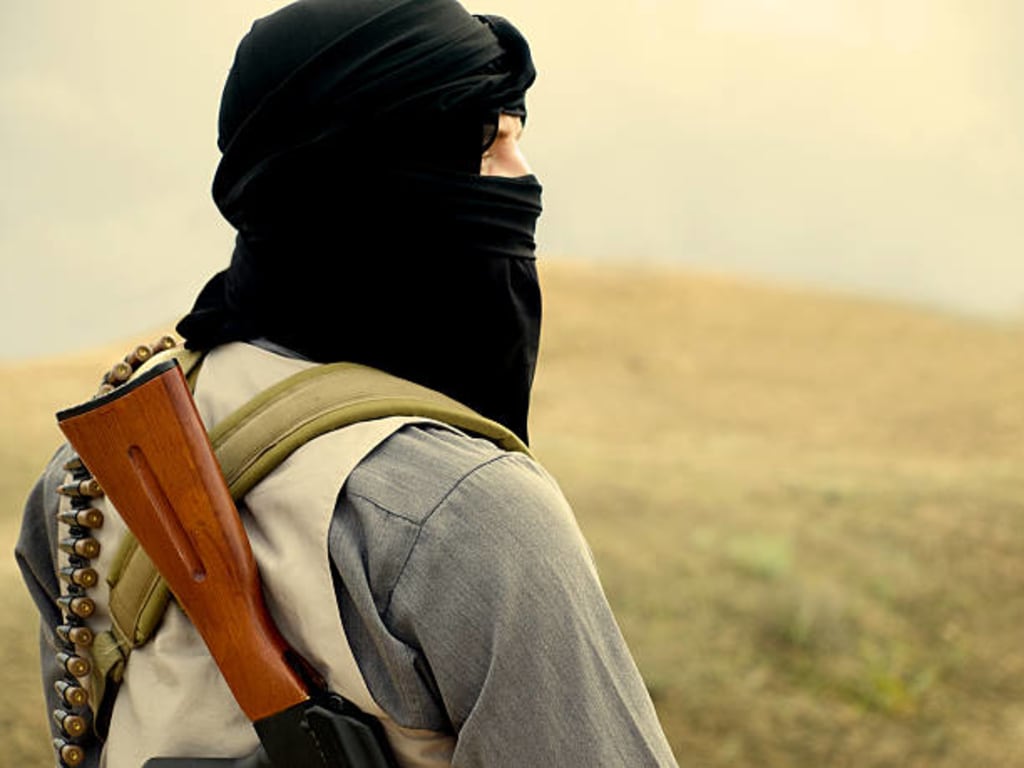How islamist militant groups are gaining strength in africa?
Unveiling the Surge: Exploring the Rapid Rise of Islamist Militant Groups in Africa and Their Impact

These are the most violent attacks recorded in Africa in the first five months of 2018. Many of these are groups fighting in the ongoing civil wars in South Sudan and the Central African Republic. Others are riots against governments in Southeast Africa. But they are different. They attack Islamist groups. Some claim they are branches of the Islamic State. Others claim to be Al-Qaeda; Both groups are often associated with the Middle East. But over the past decade, Islamist groups have spread across Africa, where they continue to find places to organize and launch attacks.
Their success plunged these fragile states deeper into turmoil, making the region one of the most dangerous in the world. Starting with Nigeria helps to understand how these terrorist groups entered Africa and why they are so successful there. Nigeria has the largest population and economy in Africa. Wealth, industry and large cities are located mostly in the south. Although the North is poor, marginalized, isolated and home to the majority of Nigerian Muslims.
There appeared a radical Islamic group called Boko Haram, which became violent in 2009. They started destroying villages, killing men and women and kidnapping children who were forced to commit suicide attacks. The Nigerian government cracked down, but the group continued to grow. In 2014, they gained international attention when they kidnapped nearly 300 schoolchildren in Chibok. Bring back our girl! 276 disappeared. By that time, they controlled a huge area in northern Nigeria, where they imposed strict Sharia and declared it an Islamic caliphate.
In 2015, they aligned themselves with the Islamic State, which had its own caliphate in Iraq and Syria. Within a few years, the group had killed nearly 25,000 people and was on its way to becoming the deadliest terrorist group in the world, eventually surpassing ISIS. Five African countries, supported by the United States, Britain and France, have formed a task force to fight Boko Haram.
By April 2015, they had liberated major cities and appeared to have driven out Boko Haram. But three years later, Boko Haram is still active. The group focused on the Chad region, one of the poorest places in the world. The lake touches the borders of Nigeria, Niger, Chad and Cameroon, but no state government has a real presence here. This is where Boko Haram operates. They raided local villages for food and captured men as fighters. In 2016, the group split into two. As Boko Haram's attacks became more violent, the Islamic State of West Africa (ISWA) began providing shelter to threatened villages.
They also offered stability and even water supplies to a region ravaged by a food crisis in exchange for taxes and conscription. In the absence of a strong central government, they have moved further into Nigeria and Niger, where they have launched their own attacks and are officially affiliated with the Islamic State. Exploitation and terrorizing the local population in ungoverned areas has become a successful strategy to keep these militant groups active. But it doesn't end there. This strategy is used by terrorists across the continent. Lake Chad is part of the Sahel; a narrow strip of land stretching across north-central Africa.
The conditions that make Lake Chad ideal for Boko Haram and ISWA extend throughout the region. The population is predominantly Muslim and vulnerable. Ethnic conflicts are common. Food is scarce. Poverty prevails. And most importantly, the government is barely there. Islamist militant groups filled these spaces rapidly. 7 years ago, Islamist groups overran northern Mali and declared it a caliphate for 10 months before a French military intervention drove them back into the desert. Today they joined and are affiliated with Al-Qaeda.
A group called ISGS left and is now affiliated with the Islamic State. This part of Mali is still ungoverned and violent 7 years after the intervention. Both groups are fighting different militias in the conflict. At the same time, both also carry out attacks against foreigners, including the French embassy in 2018 and the ambush of US special forces in Niger in 2017. According to Fox News, 12 American soldiers, mostly Green Berets, were ambushed by major ISIS-affiliated fighters.
Islamist militant groups are also flourishing in other ungoverned regions. ISIS carried out 10 attacks in 2018 in Libya, where civil war has raged since 2011. In Somalia, al-Shabaab, a group linked to ISIS, broke away from an al-Qaeda affiliate. This has made this entire part of Africa one of the most dangerous places in the world. The United States and France have both increased their presence in several military bases in the Sahel region. But drone strikes and special forces alone are not the answer to Islamic terrorism in Africa.
As long as there are places where poverty reigns, there will be no conflicts or terrorist groups from government forces. will be here
Like what you read? Consider liking and subscribing for more! :)






Comments (1)
great work what are you waiting to join my friends and see what i have prepared for you